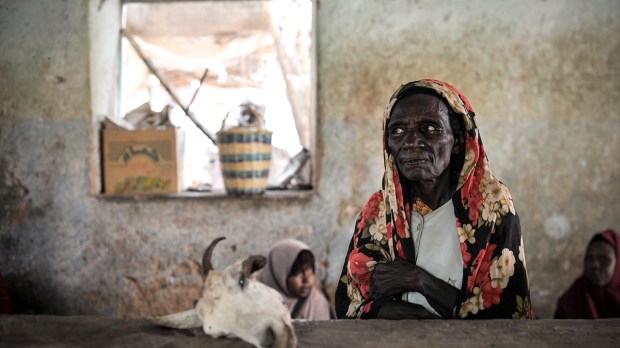Famine in South Sudan has left 100,000 people on the verge of starvation, CNN reported last week.
“Our worst fears have been realized,” said Serge Tissot, of the Food and Agriculture Organization of the United Nations. “Many families have exhausted every means they have to survive.”
South Sudan has been plagued by conflict almost since it won its independence from Sudan six years ago. The turmoil, as well as an economic collapse, are two reasons for a deepening food crisis, says Jerome Farrell of Catholic Relief Services, but only one of three main causes.
Farrell is country representative in South Sudan for CRS, and he is based in Juba, the capital. The civil war going on has left many people without the animals and gardens they depend on to feed themselves, he said.
But even in the areas where there’s no fighting, climate change is presenting serious challenges. Farrell says that in the decade he’s worked all over the Horn of Africa, he has seen changes that have impacted agriculture.
“Last year, due to climate change but mostly due to conflict, very few areas were able to harvest even a minimal amount of crops,” Farrell reported.
While droughts used to occur about once a decade, he said, the area now experiences drought every other year.
“Rains will come late or there’s flooding or they’re meager or they’re spotty,” Farrell said in an interview Wednesday. “The rains that used to be quite predictable are very unpredictable now, and flooding, which is not useful for farmers, is as common as drought.”
The South Sudanese have various ways of coping, he said, including leaving the area.
“They voted with their feet last year. About a million people went into refugee camps, mostly in Uganda, but also some into Ethiopia. And about 250, 000 went into South Darfur,” Farrell said. “People have left Juba and gone back to home villages because they can cultivate a garden there.”
Culturally, there is a quality about the South Sudanese that is helping them get through.
“They are legendary for sharing meager resources, and that’s what people do,” Farrell said. “If there’s a food ration and there’s a family of five, it will go to 10-20 people.”

